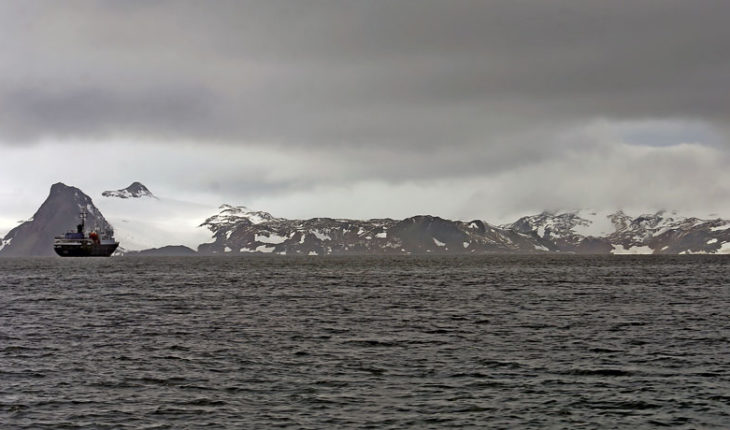The latest report of the Intergovernmental Panel on Climate Change (IPCC) revealed that governments must take urgent action to address the climate emergency and protect the world’s oceans.
Sea level rise to one meter by 2100, the loss of up to 90% of coral reefs in the planet’s warm waters and increased frequency of up to 50 times sea heat waves by the end of this century , are some of the consequences highlighted by the report.
Estefanía González, coordinator of Greenpeace’s Oceans campaign in Chile, said that “both climate actions and the resilience of our oceans must go hand in hand. The climate crisis is also an ocean crisis. The impacts of carbon emissions on the oceans are greater and faster than anticipated.”
In the same vein, he noted that “governments must work on concrete measures to allow them to abandon fossil fuels and submit national plans to keep temperature below 1.5 degrees in the coming years, according to the commitment made in the Paris Agreement. In addition, they must agree at the United Nations on a strong Global Oceanic Treaty capable of protecting at least 30% of the world’s oceans through a network of marine sanctuaries.”
Gonzalez added that “by the end of the century, 1.6 ? average global warming could cause about half a metre of average sea level rise to be expected. With an average warm-up of 4.3 ? 8 will reach approximately 1 meter for 2100 and more than 3.5 meters for 2300”.
The IPCC presents solutions through policies that help governments mitigate the worst impacts of global warming. It also highlights the challenges facing the oceans as their governance systems have so many barriers, without allowing effective protection.
translated from Spanish: Sea level rise in 2100 could be almost one metre
September 25, 2019 |





